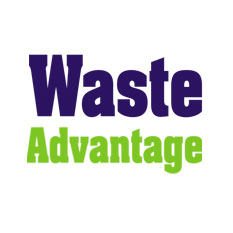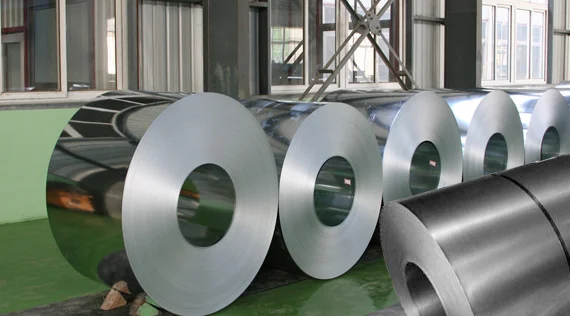National Recycling Coalition Policy on Chemical Recycling
Waste & Recycling | 2025-05-22 00:11:09
Plastic products should be redesigned to eliminate toxics and problem additives to protect the health and safety of people, the environment, and recycling systems.
SEATTLE (Waste Advantage): The National Recycling Coalition (NRC) has reviewed processes that are being researched, developed, and commercialized to convert used plastic into molecular or petrochemical feedstocks, fuels, gases, oils, or waxes has developed this statement to provide NRC policy regarding so-called “chemical recycling” and “advanced recycling.”
Chemical Recycling Policy Adopted By NRC
Thermal and chemical processes that convert plastics into petrochemical products that are fuels or used to make fuels, gases, oils, or waxes (plastics-to-oil) do not meet NRC’s definition of recycling. Using the term “chemical recycling” or “advanced recycling” for these processes is misleading. “Chemical recycling” or “advanced recycling” processes like these do not reduce plastic pollution. Chemical Recycling facilities like these harm humans, the environment, and the climate. Instead, NRC supports a hierarchy of waste management preferences that prioritizes reducing the production and consumption of plastics.
Background
By its nature, the manufacturing of products and packaging introduces harm. This harm can be reduced or mitigated by source reduction, reuse, recycling, composting, and materials recovery. Maintaining the output of recycling processes as materials that can be used to create strategically needed new plastic products (e.g. For medical treatments) and products for the built environment is essential to advancing recycling and reuse. The recycling and recovery of plastics are distinctly different from the recycling characteristics of other materials. The high use of plastics makes this issue a priority concern. Misuse of the term “recycling ”undermines these Policy objectives.
Plastic products should be redesigned to eliminate toxics and problem additives to protect the health and safety of people, the environment, and recycling systems. Facilities that are volatile, dangerous, or cause adverse burdens and impacts on communities and community members’ health are unacceptable. Clean Air Act provisions (including Title 5) and other laws that protect public health and the environment should be monitored and enforced in areas with these facilities. The owners of these facilities should also meaningfully engage with the community, including conducting cumulative health impact assessments and entering into enforceable community benefits and monitoring agreements to ensure the facility does not cause adverse burdens and impacts on communities and community members’ health.
Other Related NRC Policies
- NRC Policy 40 “Definition of Recycling” states, “Recycling is a series of activities by which material that has reached the end of its current use is processed into material utilized in the production of new products.” “NRC policy further excludes from its definition of recycling any materials that a reused as a fuel substitute and those used for energy production.”
- NRC Policy 19 “Hierarchy of Waste Management Preferences” states, “The National Recycling Coalition endorses and supports a hierarchy of waste management preferences that gives first priority to source reduction, reuse, recycling, and composting to minimize the amount of waste to be otherwise managed.”
NRC’s Guiding Principles
NRC clearly states in its Guiding Principles: “Thermal combustion is not recycling,” “Recycling is resource management, not waste management,” and “Sustainable Materials Management is acritical strategic shift away from the past strategy of waste management toward a holistic resource management system that strives to use less materials overall, reduce toxins, recover more used materials, create new jobs, and foster economic development.”
Courtesy: www.wasteadvantagemag.com
 By
By 